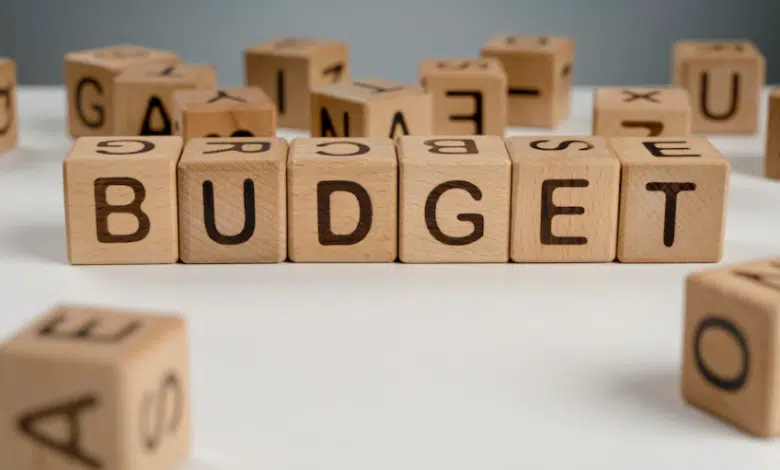How to Mange Your Budget – Full guide
You'll need a budget if you want to manage your spending and make progress toward your financial objectives.

A personal or family budget is a breakdown of your earnings and outgoings for a certain period, usually one month. Although the term “budget” is often linked with spending restrictions, a budget need not be stringent to be successful.
With the help of a budget, you can estimate your expected income and compare it to your necessary expenditures, such as rent and insurance, and your discretionary spending, like entertainment or dining out. You might consider a budget as a tool for reaching your financial objectives rather than something to be avoided.
Why Create a Budget?
A written monthly budget is a strategy for financial planning that enables you to forecast your monthly spending and savings. You can monitor your spending patterns with it as well.
Although creating a budget may not seem thrilling (and for some, it’s downright terrifying), it’s an essential step in maintaining your financial stability due to the need for balance in finances. Spending less in one area allows you to raise your spending in another, save for a major purchase, boost your savings, create a “rainy day” fund, or invest in growing your wealth.
Making a Budget in 4 Easy Steps
The key is to have a strong command on your spending habits, financial capabilities, and goals to design a budget that works and enables you to live a comfortable and happy life.
Here is how to be a budget planner and do budgeting hassle-free!
Gather Your Financial Documents
Gather all of your financial statements, including the following:
-
Banking records
-
Investment portfolios
-
Bills for credit cards
-
The past three months’ receipts
-
Statements for a mortgage or vehicle loan (if any)
You need to have access to all information on your earnings and outgoings. Making a monthly average is one of the keys to creating a budget. The more data you can gather on your cash inflows and outflows, the better you can create a budget.
Determine Your Income
What monthly revenue can you anticipate?
Using your net income (or take-home pay) figure is acceptable if your income comes from a regular paycheck with taxes deducted automatically. Include any additional income you get if you are self-employed or have other sources, such as child support or Social Security. Make a note of the entire monthly revenue.
List Your Monthly Expenses
Make a list of all the costs you anticipate incurring over the course of a month. This may include the following areas of expenses or more!
-
Rent or mortgage payments
-
Auto loans
-
Insurance
-
Groceries
-
Utilities
-
Amusement
-
Personalized care
-
Restaurants
-
Child care
-
Transport expenses
-
Student travel loans
-
Savings
To keep track of all your expenditures, consult your most recent credit card bills, bank statements, and receipts.
Summarize & Compare Your Monthly Income to the Expenses
If your income exceeds the total expenses for a month, it means you are on the right track. You may allocate the additional money for investment purposes, pay off your debts, or even save for the retirement plan.
However, if your expenses exceed the income, it’s time for you to redo your expenses and cut off things that seem less important. Or you may have to expand your earnings by looking for additional opportunities.
There you go, now you know what is a budget and how to make a monthly one. You can also use a monthly budget template to make things easier for you.
Check More Content Down Below –
Meme Coins: Everything You Need To Know About
Non Fungible Token List (NFT) – Ultimate Guide





